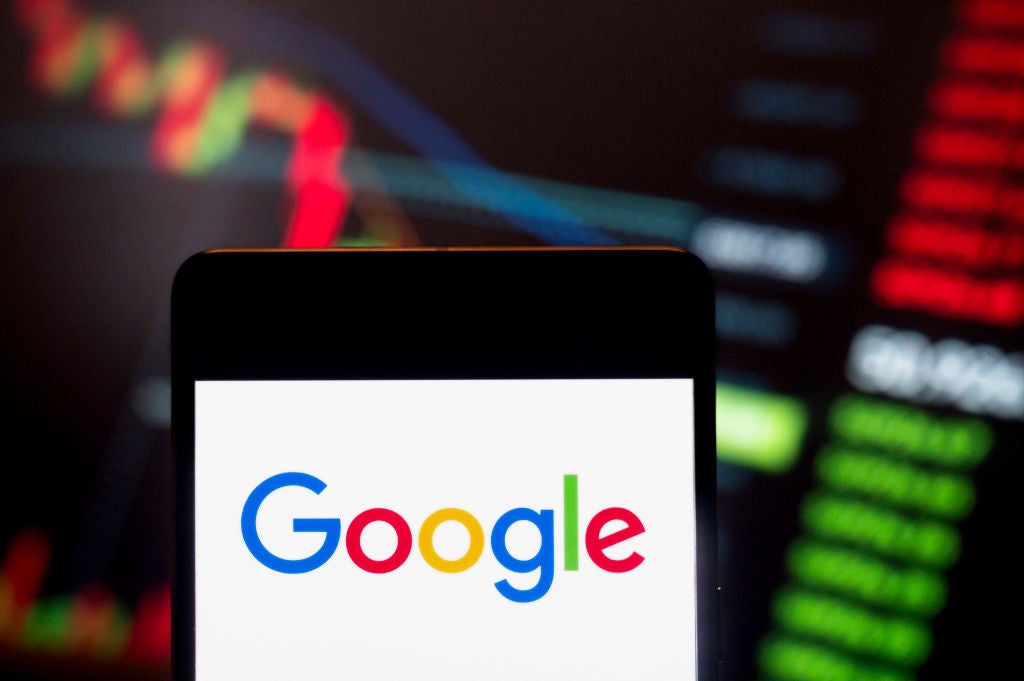
Google has announced it will require advertisers to disclose election ads with digitally altered content depicting realistic-looking people or events, in an effort to combat election misinformation.
Google said on Monday (1 July) that advertisers will be required to select a checkbox in the “altered or synthetic content” section of its campaign settings.
The selected checkbox will generate in-ad disclosures on election content for mobile phones, computers and TV.
The move comes after the World Economic Forum warned that AI disinformation would pose the most significant threat to the world in 2024.
Widespread adoption of AI and GenAI technology has made deciphering between what is real and what is fake harder.
Deepfakes are generally video or audio content that has been altered to misrepresent someone. AI has made generating deepfakes much cheaper and easier to produce on a mass scale.
How well do you really know your competitors?
Access the most comprehensive Company Profiles on the market, powered by GlobalData. Save hours of research. Gain competitive edge.

Thank you!
Your download email will arrive shortly
Not ready to buy yet? Download a free sample
We are confident about the unique quality of our Company Profiles. However, we want you to make the most beneficial decision for your business, so we offer a free sample that you can download by submitting the below form
By GlobalDataThe technology has become so powerful that some deepfakes are almost indistinguishable from reality, especially when partnered with generated audio.
Many deepfakes are made in a lighthearted tone, however, without disclaimers it will be hard for voters to decipher what is real and what is fake.
As GlobalData forecasts the AI market to reach $900bn by 2030, deepfakes are likely to rapidly improve with time as the technology becomes more sophisticated.
In 2023, Meta said it would make advertisers disclose if AI or other digital tools were used in election advertisements on its platforms.







